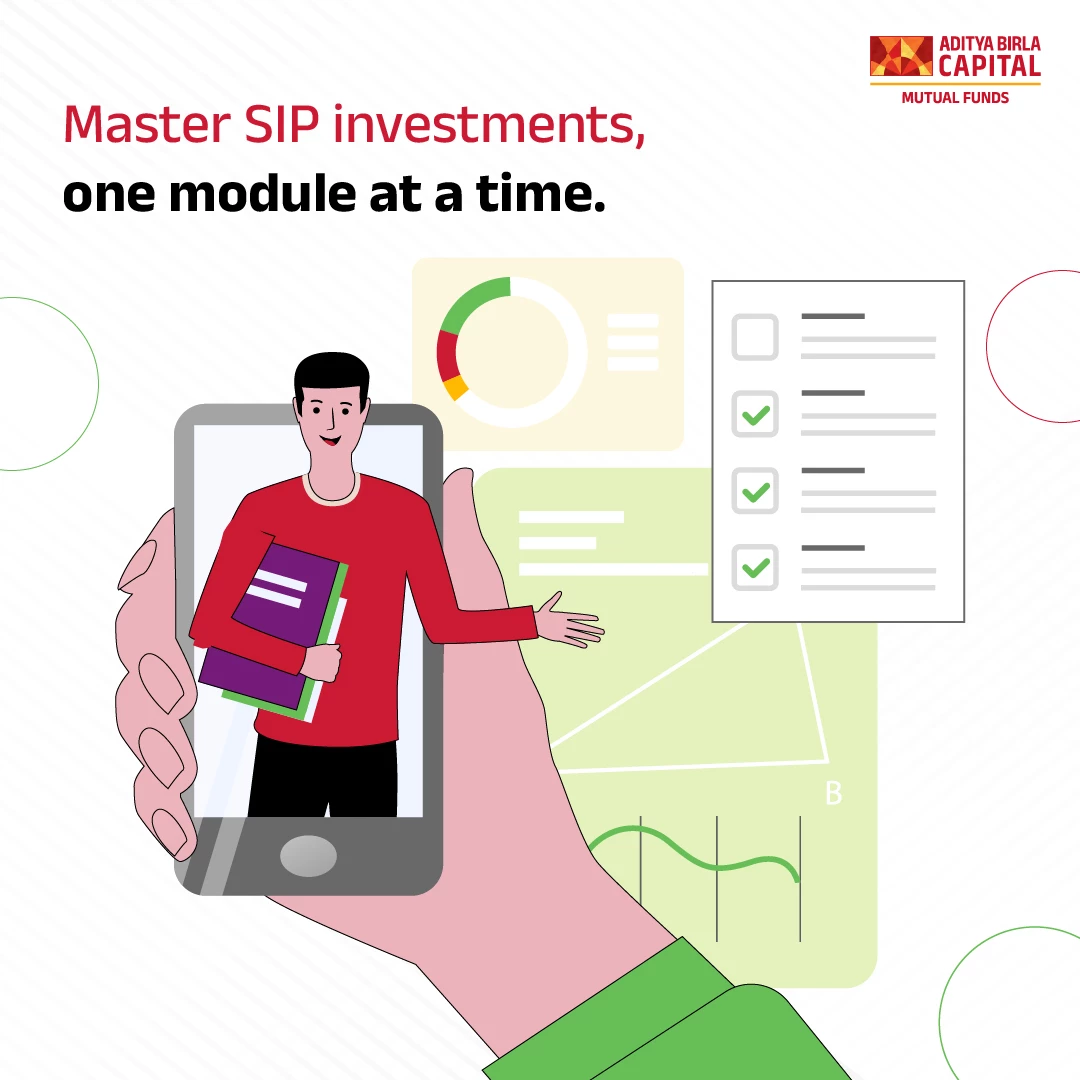As a parent and caregiver, we have many responsibilities to our children. Ultimately, our goal is to enable our children to achieve their dreams, no matter what they might be. Whether your child’s dreams include university, college or specialized vocational training, education is a key element to enabling your child’s success. As Oprah Winfrey so aptly put it “education is the key to unlocking the world, a passport to freedom”. In India, the importance of education is strongly ingrained in children from a young age.
Given the importance of education, developing a financial plan to meet these goals is crucial, particularly when one accounts for the high costs of education. Like saving for retirement or other key life goals, the sooner you start saving for your child’s education, the better. Adequately saving for the education of one or more children requires planning, strategizing, and investing appropriately. Today’s article will provide you with some helpful tips on why saving for your child’s education is important and key steps on how to get started.
Key Reasons Why Early Education Planning is Important
• If you start planning now, you will be better able to help your child achieve their aspirations and dreams
• Providing your child with higher education will better enable them to live a financially comfortable and secure life
• The earlier you start, the more you can benefit from the power of compounding, which enables you to put your money to work harder for you
• By creating an education plan now, you can better plan for the costs of your many different life goals without having to compromise one or more for another
• If you can fund your child’s education without them having to take a loan out to do so, it alleviates future financial pressure and debt on your child
• Planning allows you to stay ahead of inflation. Not only is it necessary to save for education, but it’s also imperative to allow time for your money to grow
• Having a plan today can help provide direction to your child and enable them to appreciate the value of saving and investing to achieve a future goal
Getting Started
Step 1
The first step toward developing an education plan is to determine how much your child’s education will cost. Of course, costs will also be dependent on whether you would ideally like your child to study abroad or to stay in India, and on whether you expect them to have a post-graduate degree or not. You will also need to give some thought as to how you want to fund their education costs or if you expect your child and/or others to contribute. Will your child live at home or in residence? Do you expect them to go to a government-sponsored or private university?
When developing detailed costs, ensure that you account for living, travel, food, and other incidental expenses, and not just tuition. It is also imperative to account for inflation and to determine what future costs might look like. Most experts recommend that you plan for 8-10% inflation on education.
Step 2:
Your next step is to determine your time horizon, which is a simple calculation based on the number of years until your child will graduate high school and begin their post-secondary education. The longer the time horizon, the longer you have to save and invest for the money to grow!
Step 3
You then need to determine how much you can afford. As with all other financial plans that you develop, it is important to review your full financial picture and to conduct a basic cash-flow analysis. This will enable you to compare your inflows with outflows to determine if you have a surplus or deficit, and to adjust your spending accordingly. Ultimately, you want to avoid having to dip into investments made for other financial goals to fund your child’s education.
Step 4
You now need to determine how much you need to save. The easiest and proven way to save is to pay yourself first through a systematic investment plan (SIP), which enables you to take a pre-determined amount of money out of your bank account each month. At this point, you need to determine the best way to invest your money to counter inflation while growing your wealth. Mutual funds are an ideal investment vehicle to consider to meet a wide variety of asset allocation and time horizon needs.
Step 5
As with any money you invest, ensure you have a plan to monitor and rebalance your asset allocation, as required. You should also ask your bank, advisor, or mutual fund company about a Public Provident Fund (PPF) account, which enables you to save while benefitting from some tax deductions and benefits under the Income Tax Act.
Saving for your child’s education sets them up for a better and more financially independent future. It is never too early to start an education plan that can grow as your child grows. The longer the time horizon, the more you can grow your money through the benefit of the power of compounding. There is no better time than today to plan for your child’s future!
An Investor education and Awareness initiative of Aditya Birla Sun Life Mutual Fund
All investors have to go through a one-time KYC (Know Your Customer) process. Investors to invest only with SEBI registered Mutual Funds. For further information on KYC, list of SEBI registered Mutual Funds and redressal of complaints including details about SEBI SCORES portal, visit link : https://mutualfund.adityabirlacapital.com/Investor-Education/education/kyc-and-redressal for further details.
Mutual Fund investments are subject to market risks, read all scheme related documents carefully







 1800-270-7000
1800-270-7000










